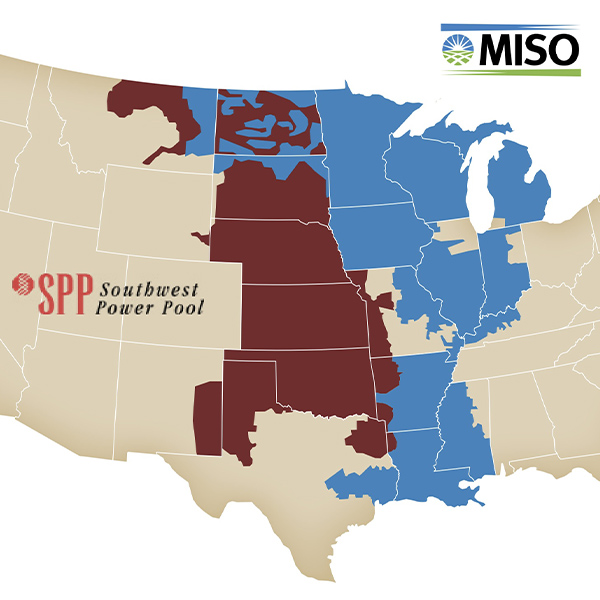Dozens of Montana organizations are demanding that NorthWestern Energy decarbonize by 2035, years ahead of its midcentury target for net-zero emissions.
More than 30 groups, including environmental nonprofits, public consumer advocates, health care professionals, consultants and a Montana State University professor, sent a letter Thursday to NorthWestern Board Chair Dana Dykhouse. The organizations demanded the utility decarbonize its fleet no later than 2035, saying the plan should be based on science and contain benchmarks.
The letter also said NorthWestern, which serves 753,600 customers across Montana, South Dakota and Nebraska in SPP and MISO, should model multiple scenarios that “eliminate the utility’s dependence on fossil fuels.”
“We urge you, as a fiduciary of NorthWestern Energy, to exercise your responsibility in a manner that guarantees the company’s long-term financial well-being,” the letter urged Dykhouse. “That can only be accomplished by requiring the company to adopt a meaningful climate strategy that will make it more resilient and prepared for the clean energy future.”
The same day, NorthWestern set a goal of achieving net-zero carbon emissions by 2050. Montana’s largest utility called it an “achievable target” in a press release.
“NorthWestern Energy begins this transition to an even cleaner energy future building on the considerable progress we have already made,” Energy CEO Brian Bird said. “We have the tremendous honor to be the stewards of this critical energy infrastructure that delivers safe and reliable energy to our region. Now is the time to raise the bar and start the transition to net zero by 2050.”
Northwestern said that last year, 56% of its electricity was generated from carbon-free resources, better than the electricity industry’s 40% average. It pointed out that its 10 hydroelectric facilities supplied 33% of the utility’s load.
Montana Environmental Information Center Co-Director Anne Hedges, one of the letter’s signatories, blasted the 2050 goal as a “PR move to improve lackluster” environment, social and governance perception. She said the target allows NorthWestern to raise emissions through 2035 by building more fossil fuel generation and pipelines.
“There are no benchmarks for reaching its 2050 goal in the electricity section of its business. Until we see NorthWestern actually plan for a clean energy future with benchmarks and actions that decrease its reliance on fossil fuels instead of increasing its reliance, it’s hard to take its proposal seriously,” Hedges said in an email to RTO Insider. “Anything short of meaningful planning and implementation is just more of the same from this laggard utility.”
She said NorthWestern’s largest financial investors have “raised concerns about companies that fail to plan for a lower carbon future” and added that financial analyst Moody’s has recently given the utility poor environmental and social scores. She said NorthWestern’s 2050 net-zero goal is only a “small step” and about decade behind other utilities in the region.
“Increased fossil fuel dependency means increased costs for customers, more expensive stranded assets and a failure to decarbonize according to the latest scientific research,” Hedges said.
NorthWestern did not respond to a request for comment.




